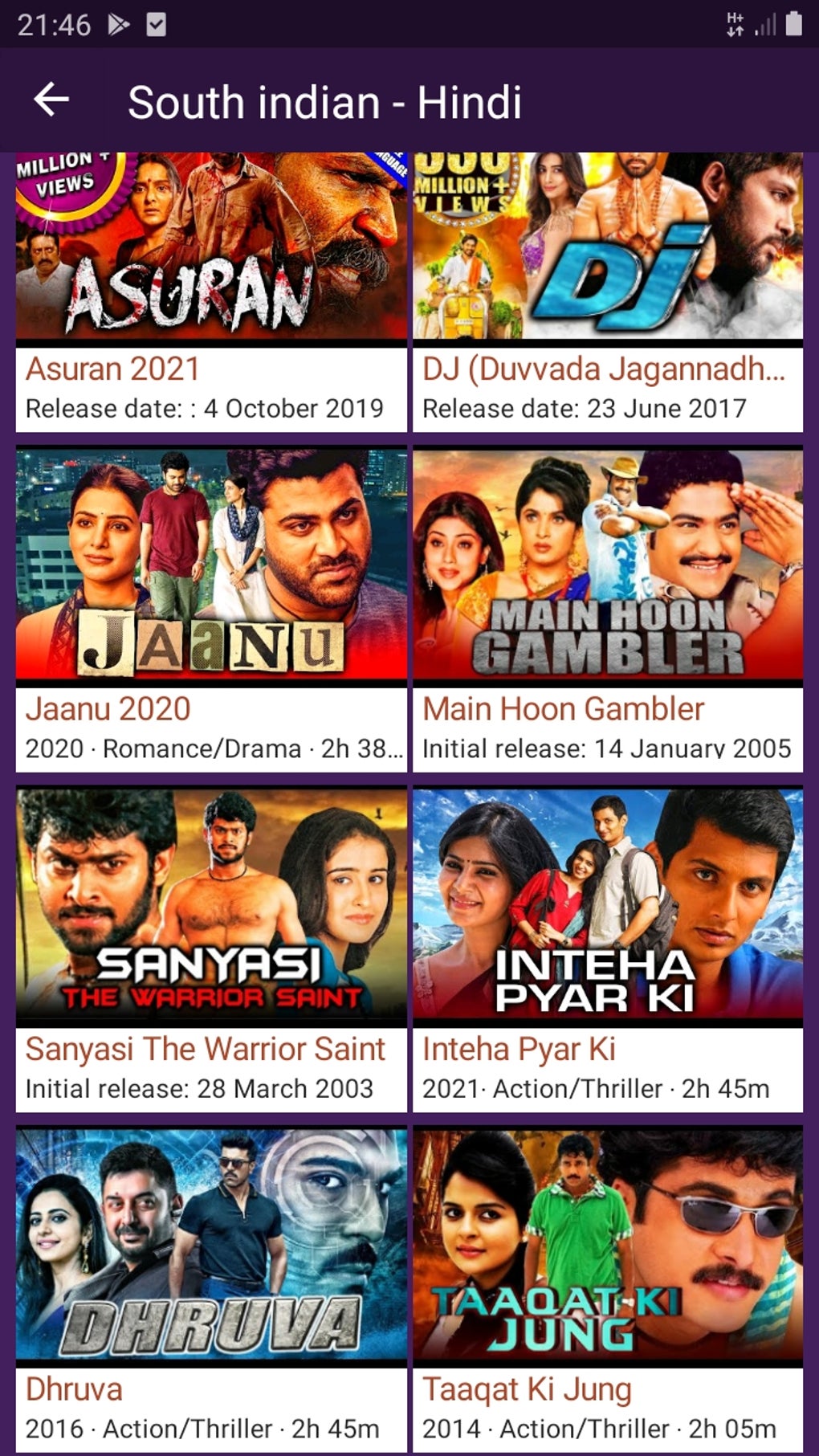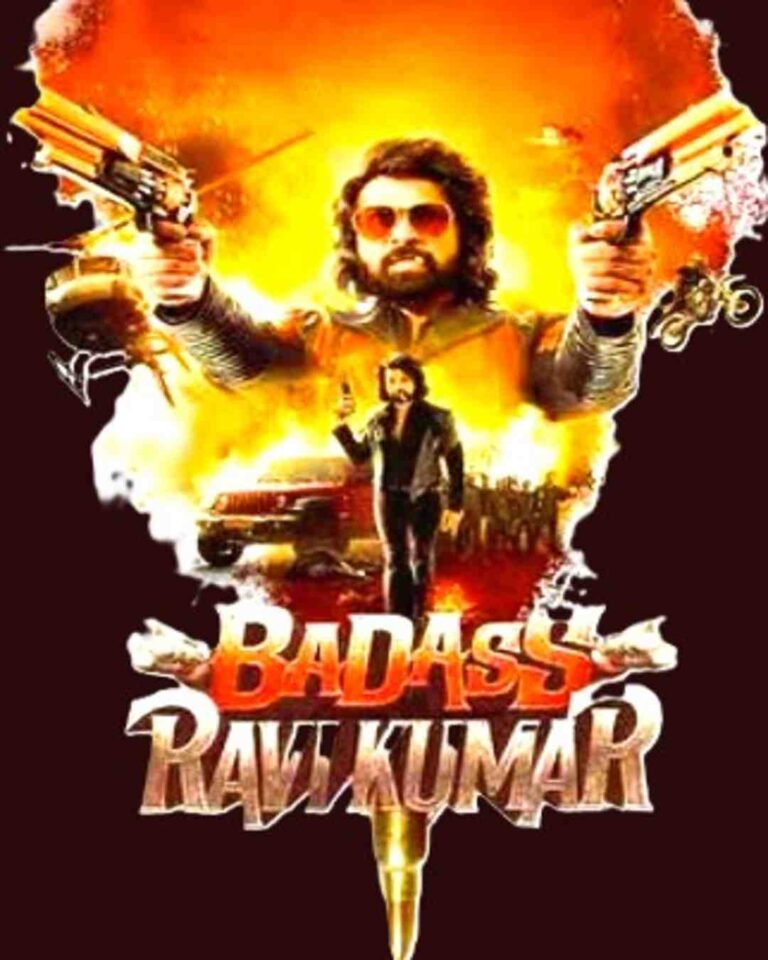Can a heartwarming tale of canine companionship and human resilience truly capture the spirit of the wild? Call of the Wild (2009), directed by Richard Gabai, is a testament to the enduring bond between humans and animals, offering a cinematic experience that transcends the ordinary.
The film unfolds against the backdrop of Montana's breathtaking landscapes, where a young girl, played by Ariel Gade, finds herself immersed in the care of an injured wild dog. This encounter sparks a profound connection, leading her to not only nurse the dog back to health but also to train him for an upcoming sled-dog race. The narrative delves into themes of compassion, perseverance, and the transformative power of nature, all while showcasing the rugged beauty of the American West.
The cast, headlined by Christopher Lloyd and featuring Wes Studi and Aimee Teegarden, brings depth and authenticity to the story. Lloyd's presence, in particular, adds a layer of gravitas and experience, anchoring the narrative with his seasoned portrayal. The film's writer, Leland Douglas, skillfully crafts a storyline that is both engaging and emotionally resonant, ensuring that the audience remains invested in the characters' journey.
The film Call of the Wild (2009) stands as a reminder of the timeless appeal of stories that celebrate the human-animal bond. Its heartwarming narrative, stunning visuals, and talented cast combine to create a cinematic experience that is both entertaining and thought-provoking. The film's emphasis on themes of compassion, perseverance, and the restorative power of nature offers a unique perspective on the adventures that the wild can create.
The world of online streaming has, in recent years, evolved from a niche interest into a dominant force in the entertainment landscape. The shift in movie consumption habits has given rise to a variety of platforms, each vying for the attention of a global audience. The convenience of streaming, offering instant access to a vast library of content, has revolutionized how movies are discovered and enjoyed. However, this digital transformation has also presented a unique set of challenges, including issues surrounding copyright, piracy, and the proliferation of unverified content. In this complex environment, understanding the legal, ethical, and practical considerations of online streaming is more crucial than ever.
Within the realm of streaming platforms, several names have become familiar to movie enthusiasts worldwide. These digital entities have carved their own space in the market, from established services to emerging providers. Each platform offers a distinct set of features, from content selection to the user interface. Navigating this diverse landscape requires careful consideration of factors such as pricing, content availability, and legal compliance.
The concept of digital piracy has emerged as a shadow industry, operating on the fringes of the legitimate streaming ecosystem. It is a complex phenomenon driven by factors such as affordability, accessibility, and the desire for instant gratification. Platforms such as MovieRulz have gained notoriety, raising important questions about the impact of copyright infringement on the entertainment industry and the potential risks that users undertake when accessing pirated content. Understanding the legal and ethical implications of these activities is essential for responsible media consumption.
MovieRulz: A Closer Look
Among these, one name frequently surfaces: Movierulz. This platform, a digital entity, has become a familiar presence in the realm of film. It offers a vast collection of Telugu films, as well as Bollywood and Hollywood movies. Movierulz has been a household name in the realm of illegal movie downloads. Movierulz 2023 has become a significant topic of discussion in the digital world, especially among movie enthusiasts.
The core functionality of such platforms revolves around the unauthorized distribution of copyrighted material. Users can access a wide range of movies and TV shows without paying the associated fees. This business model, however, is based on the infringement of copyright laws, which carries significant legal and ethical implications. In addition to the potential legal consequences, those who engage in accessing pirated content may be exposed to cybersecurity risks such as malware and viruses.
The proliferation of platforms like Movierulz has sparked considerable debate within the entertainment industry and among legal scholars. The ease of access and the perceived low cost of pirated content have made it a tempting option for many users. However, this has come at the cost of the industry, resulting in financial losses and limiting the ability of content creators to generate revenue from their work.
The debate surrounding online streaming continues to evolve as technology advances and user behavior changes. It is essential to strike a balance between accessibility and respect for intellectual property rights. Education, stricter enforcement, and the development of more user-friendly legal streaming options can play a pivotal role in shaping the future of movie consumption.
The rise of online streaming has transformed the way we watch movies, offering unparalleled access to a vast world of cinematic content. Yet, this digital landscape presents a complex tapestry of possibilities and challenges. By understanding the legal, ethical, and practical considerations of online streaming, we can navigate this ever-evolving world with greater awareness and appreciation.
The digital landscape of movie consumption is fraught with complexities, ranging from the allure of instant gratification to the ethical implications of copyright infringement. The need for responsible consumption, the legal ramifications of accessing pirated content, and the ever-evolving nature of streaming technology require careful consideration.
The online world of streaming is a complex ecosystem, where convenience and entertainment are often intertwined with legal and ethical challenges. While the appeal of accessing a vast library of content is undeniable, it is essential to navigate this digital landscape with awareness and discernment. By embracing responsible media consumption, we can contribute to a thriving ecosystem that respects intellectual property rights and empowers content creators.


